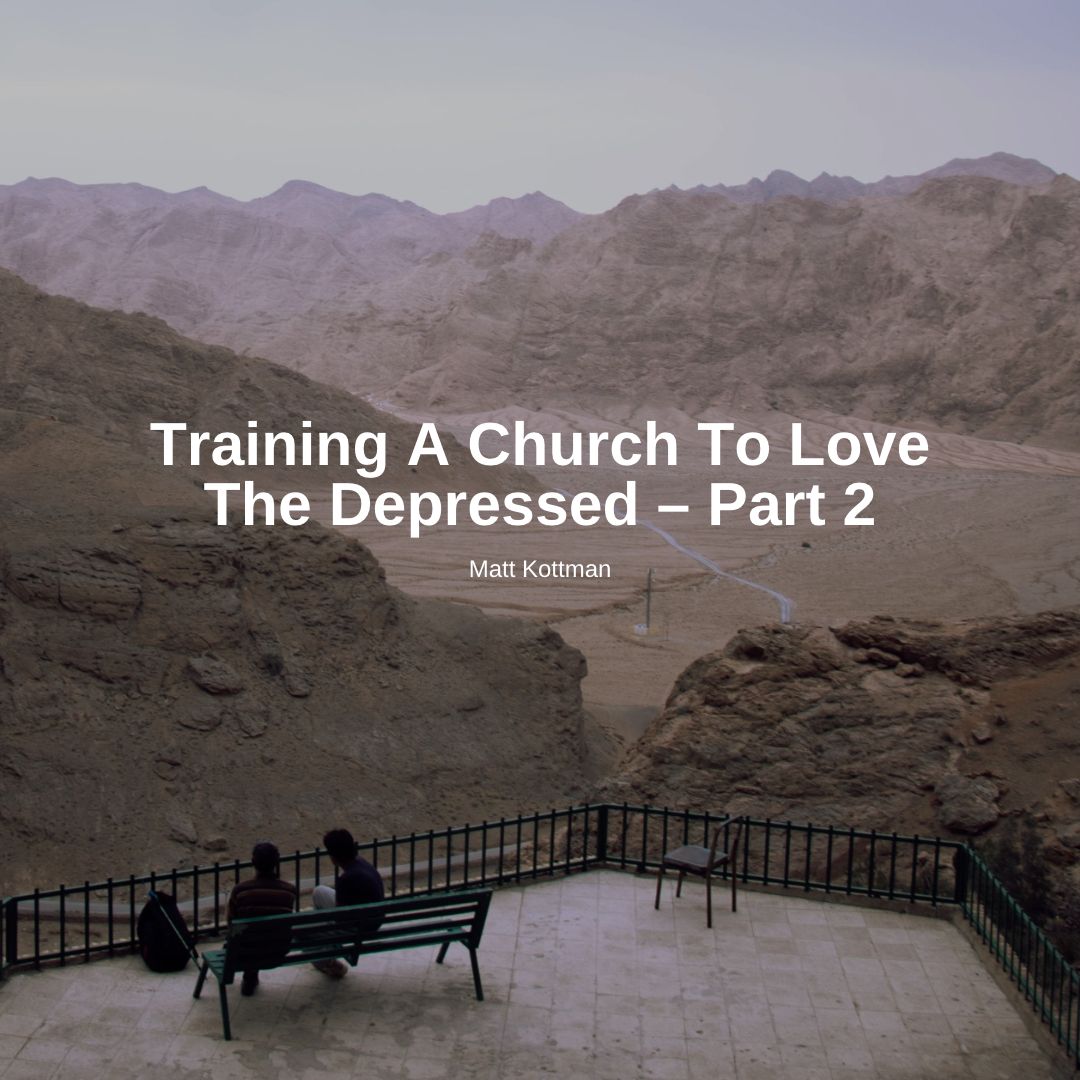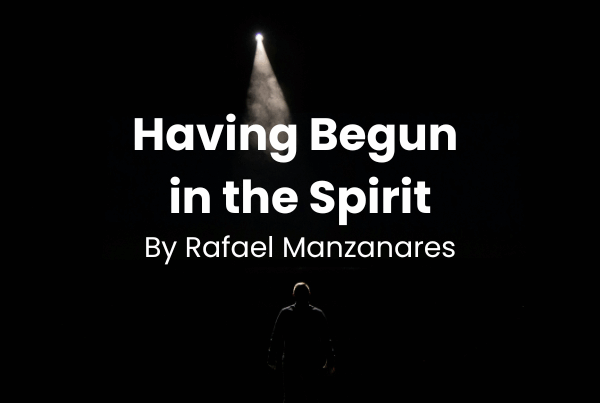
This is Part 2 of a 3 part series. You can find Part 1 here:
The Church & Victims Of Depression
Providing Training
In our last post in this series, we looked at promoting culture. This is almost like saying, “Imagine what could be,” and then making steps in the direction of what could be. However, such things will never be without those of us in church leadership providing training for the saints. This is Paul’s call to the Ephesian church, so every joint is outfitted with the training they need for redemptive up-building in love (Eph. 4:11-16). These verses teach us that ministry is a participation sport.
In my experience with Anita, I began to think that people who suffer with things like depression could only be helped by highly skilled professionals. Whilst professional involvement may be needed, this should not relegate the body of Christ to the sideline. The leadership of the church can empower the church to help and not harm people further. We harm them further when we toss out trite sayings like “Let go and let God,” or “If you were trusting Jesus, you wouldn’t be depressed.” Many of these types of responses see depression merely through the lens of sin rather than the lens of both sin and suffering.
If we as pastors are going to shepherd well, we need to think about how we can help our congregations incarnate into people’s sufferings.
We must help them to think biblically about the role of suffering in a Christian’s life. In some cases, such as my own, I had to begin studying these things at a deeper level in order to aid my congregation. Much of this training will boil down to helping the church walk in humility, preferring one another, and walking alongside one another. One way I have learned to help train my congregation is to apply the sermons with the understanding that 1 in 5 of my congregation will suffer from depression, and the other 4 in 5 will have the opportunity to walk with someone who suffers from depression.
If we bring this struggle out of darkness into light, the sufferer is better enabled to run to Christ, and the church can help point the way. This helps give the body of Christ something to grab hold of. And since we are more alike than different, the church will learn more about ourselves as well in addition to truths we already know, just applied more deeply.







